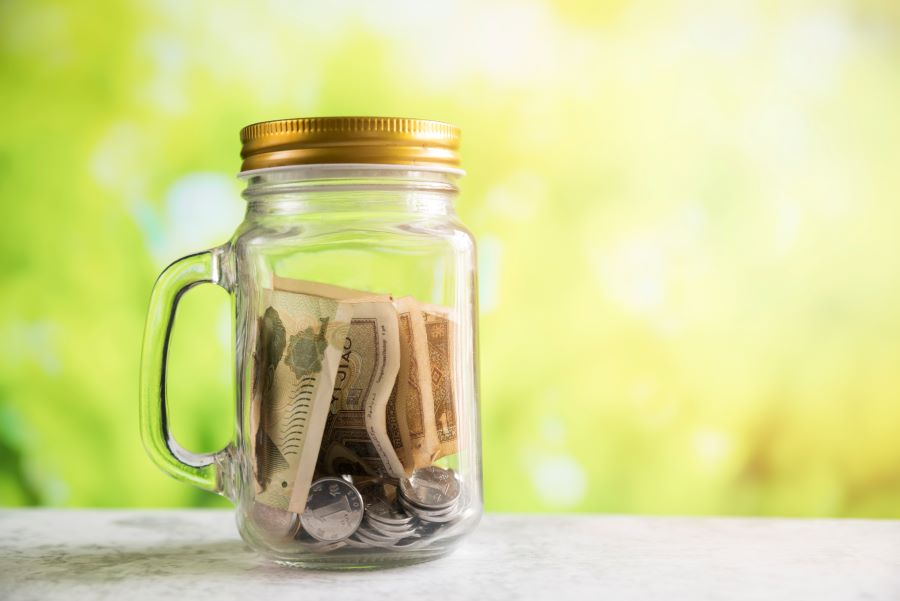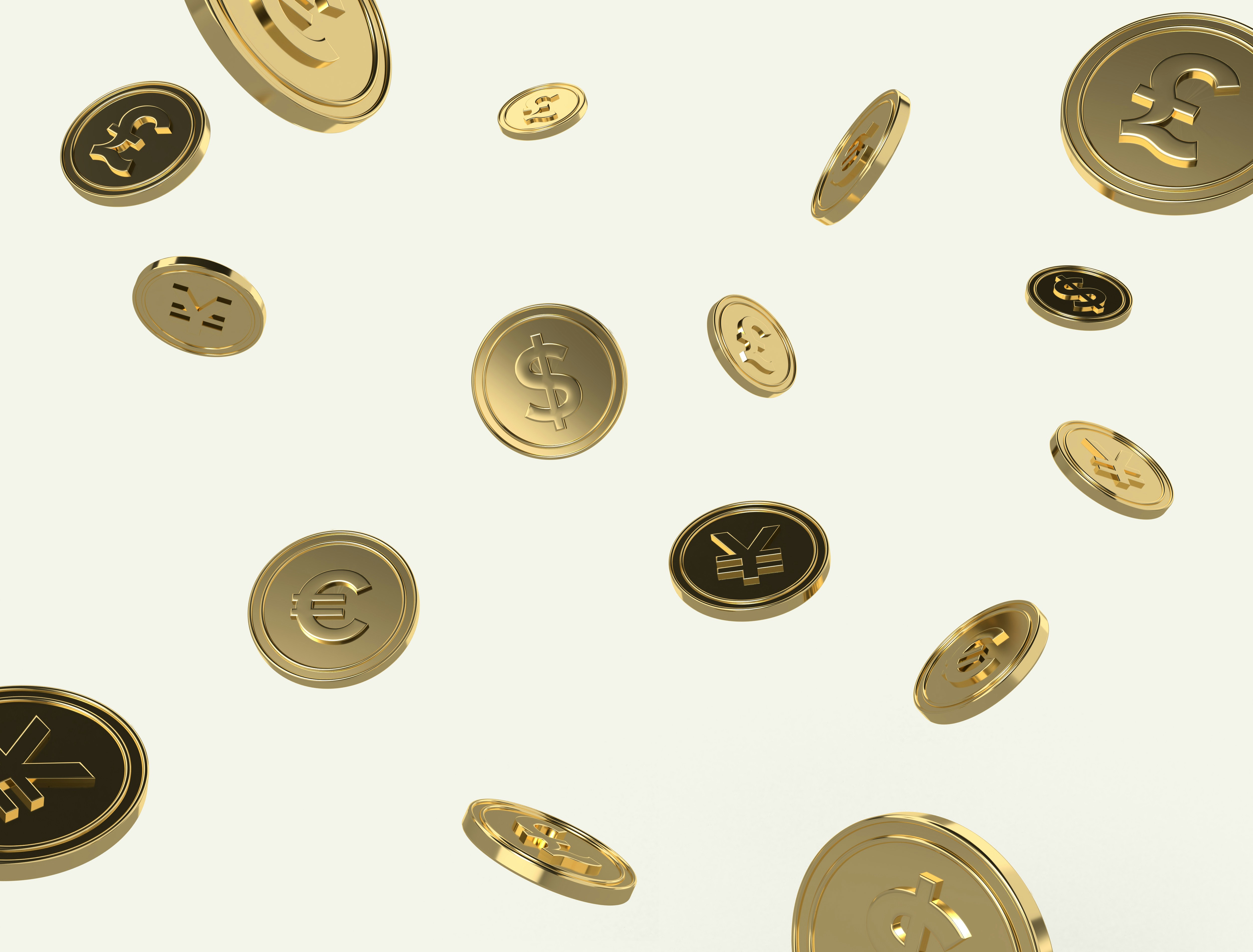Fixed deposits (FDs) are a popular investment option for individuals in India seeking a secure and predictable return on their savings. While FDs are known for their safety, there are several strategies you can employ to maximise your fixed deposit returns. In this blog, we will explore effective tips to ensure you get the best FD returns possible.
Understand the Basics of Fixed Deposits
Before diving into strategies for maximising fixed deposit returns, it is essential to understand the fundamentals of FDs. Fixed deposits are financial instruments offered by banks and financial institutions where you deposit a lump sum amount for a fixed tenure at a predetermined interest rate. At the end of the tenure, you receive your principal amount along with the accrued interest.
Also Read: How to get Credit Card on a Fixed Deposit – Airtel
Tips to Maximise Fixed Deposit Returns
1. Choose the Right Bank or Financial Institution
Not all banks and financial institutions in India offer the same fixed deposit interest rates. To get the best FD returns, it is crucial to compare the interest rates offered by different banks. Smaller banks and Non-Banking Financial Companies (NBFCs) often provide higher interest rates compared to larger banks. However, it is important to consider the credibility and financial stability of the institution before making a decision.
2. Opt for Longer Tenures
One effective way to maximise your fixed deposit returns is to opt for longer tenures. Generally, banks offer higher interest rates for longer-tenure fixed deposits. By locking in your funds for a more extended period, you can benefit from higher interest rates and enhance your overall returns. However, be sure to assess your liquidity needs before committing to a long-term FD.
3. Consider Cumulative Fixed Deposits
Cumulative fixed deposits are another option to consider for maximising your returns. In a cumulative FD, the interest earned is not paid out periodically but is instead compounded and paid out at maturity along with the principal amount. This compounding effect can significantly boost your returns over time.
4. Take Advantage of Special FD Schemes
Banks and financial institutions often introduce special FD schemes with higher interest rates for specific tenures or customer segments. These schemes may be available for senior citizens, women, or employees of certain organisations. By keeping an eye out for such special schemes, you can avail higher interest rates and improve your fixed deposit returns.
5. Opt for Tax-Saving Fixed Deposits
Tax-saving fixed deposits not only offer attractive interest rates but also provide tax benefits under Section 80C of the Income Tax Act. By investing in tax-saving FDs, you can reduce your taxable income and enhance your overall returns. However, keep in mind that tax-saving FDs come with a lock-in period of five years.
Also Read: What is Fixed Deposit (FD) and how does it work!
6. Reinvest the Interest
Reinvesting the interest earned on your fixed deposits can significantly enhance your returns. Instead of withdrawing the interest periodically, you can opt for auto-renewal of the interest along with the principal amount. This reinvestment strategy leverages the power of compounding and helps you earn higher returns over the long term.
7. Ladder Your Fixed Deposits
Laddering your fixed deposits is a strategy that involves splitting your investment into multiple FDs with different tenures. This approach allows you to have a portion of your investment maturing at regular intervals, providing liquidity and flexibility. Additionally, laddering helps you take advantage of varying interest rates and reduces the risk of reinvestment at lower rates.
8. Avoid Premature Withdrawals
While fixed deposits offer liquidity, premature withdrawals can result in penalties and reduced interest rates. To maximise your fixed deposit returns, it is advisable to avoid premature withdrawals unless absolutely necessary. Plan your finances and ensure that the funds invested in FDs are not required for emergencies or short-term needs.
9. Diversify Your Investments
While fixed deposits are a safe investment option, it is always wise to diversify your investment portfolio. By spreading your investments across different asset classes such as equities, mutual funds, and bonds, you can reduce risk and potentially achieve higher overall returns. Diversification ensures that you are not overly reliant on a single investment avenue.
10. Compare Fixed Deposit Returns
Lastly, to ensure you are getting the best FD returns, it is essential to compare the returns offered by different banks and financial institutions. Various online platforms and comparison websites can help you evaluate the interest rates, tenures, and other terms and conditions of fixed deposits. By conducting thorough research and making an informed decision, you can maximise your fixed deposit returns. Additionally, using a fixed deposit calculator can help you estimate the returns and plan your investments better.
By following these tips and strategies, you can make the most of your fixed deposits and achieve the best FD returns. Remember to assess your financial goals, risk tolerance, and liquidity needs before making any investment decisions. Happy investing!
Also Read: Difference between Fixed Deposit and Recurring Deposit
FAQs-
1. What is a fixed deposit, and how does it work?
A fixed deposit is a financial instrument where you deposit a lump sum amount with a bank or financial institution for a fixed tenure at a predetermined interest rate. At the end of the tenure, you receive your principal amount along with the accrued interest.
2. How can I maximise my fixed deposit returns?
To maximise your fixed deposit returns, you must choose the right bank or financial institution. Then you can opt for longer tenures, consider cumulative fixed deposits, take advantage of special FD schemes, ladder your fixed deposits, reinvest the interest, avoid premature withdrawals, diversify your investments, and compare fixed deposit returns.
3. Are fixed deposits safe?
Yes, fixed deposits are considered safe as they are offered by banks and financial institutions regulated by the Reserve Bank of India (RBI). However, it is essential to choose a credible and financially stable institution to ensure the safety of your investment.
4. What are tax-saving fixed deposits?
Tax-saving fixed deposits are a type of fixed deposit that offers tax benefits under Section 80C of the Income Tax Act. By investing in tax-saving FDs, you can reduce your taxable income and enhance your overall returns. These FDs come with a lock-in period of five years.
5. What documents are required to open a fixed deposit account?
To open a fixed deposit account, you will typically need to submit documents such as identity proof (such as Aadhaar card, PAN card, or passport), address proof (such as utility bills or rental agreement), and a recent passport-sized photograph. Specific requirements may vary depending on the bank or financial institution.


 Get App
Get App  Airtel Store
Airtel Store  Login
Login 



